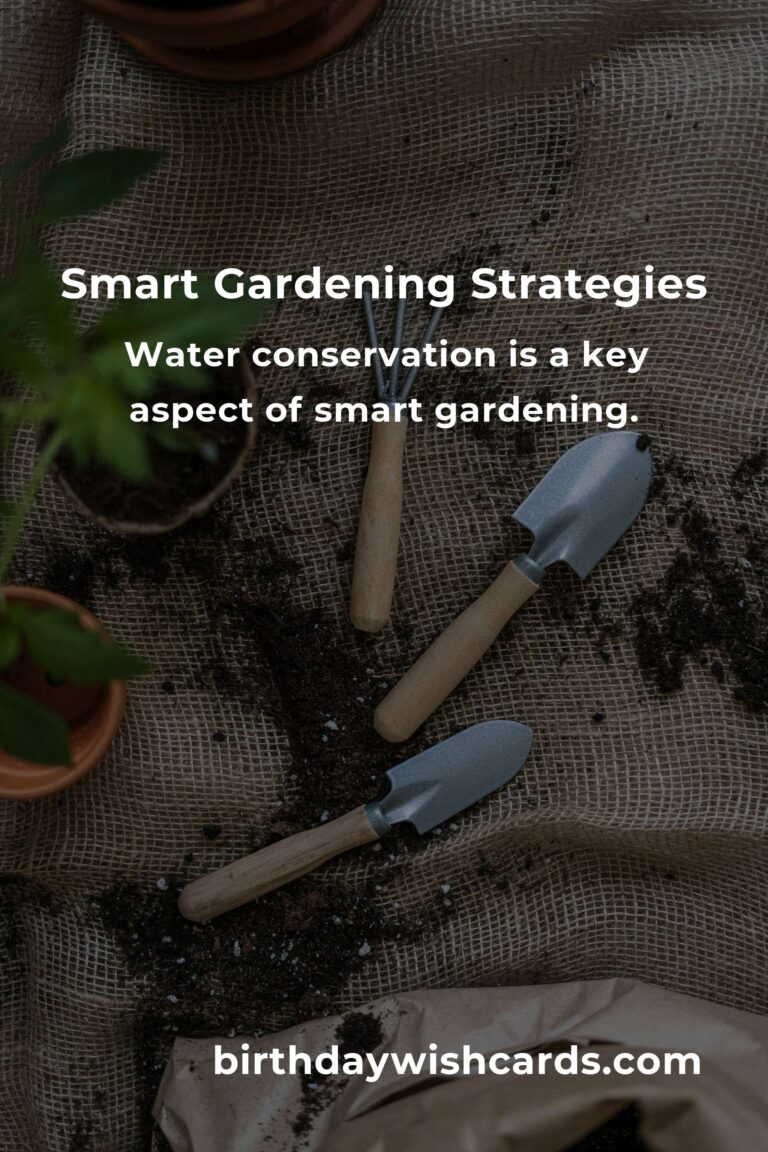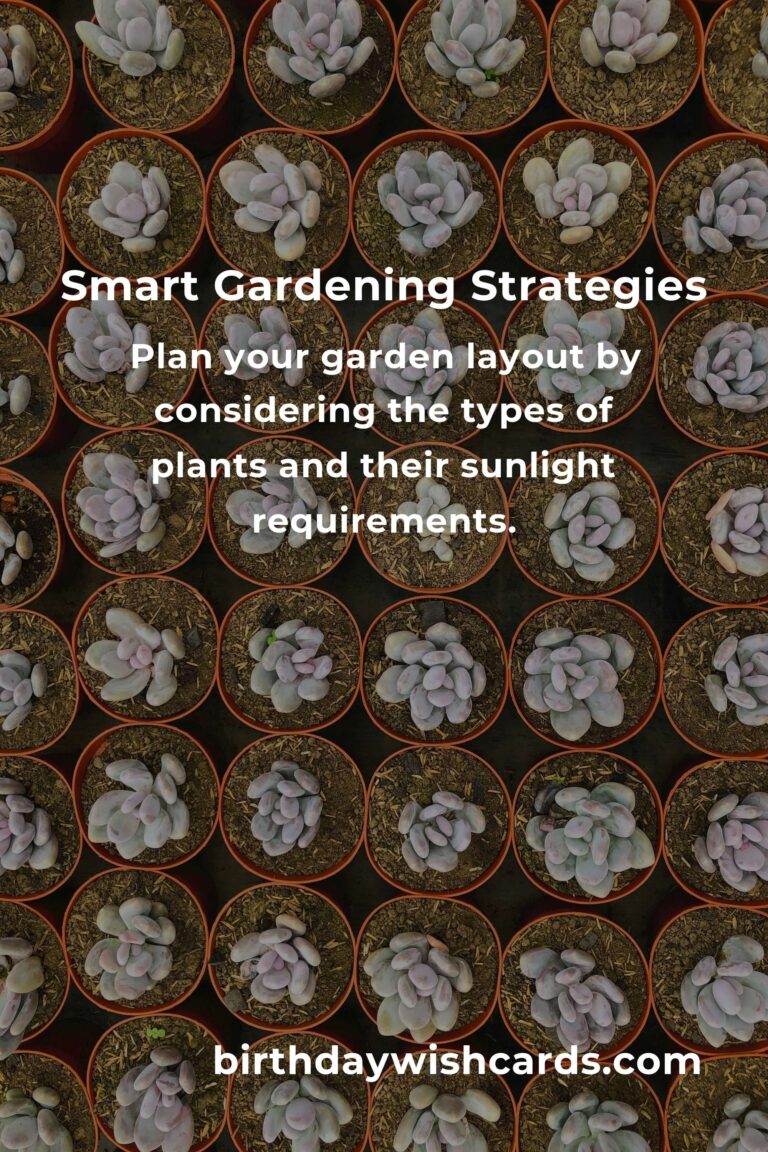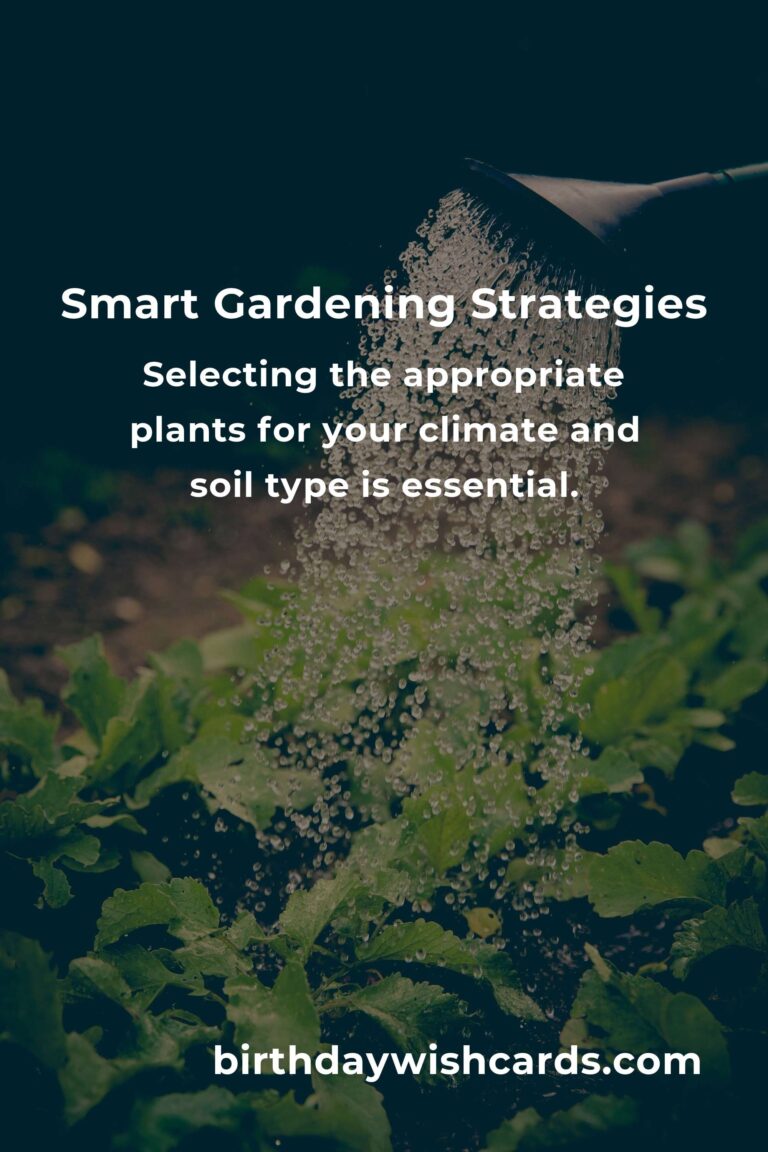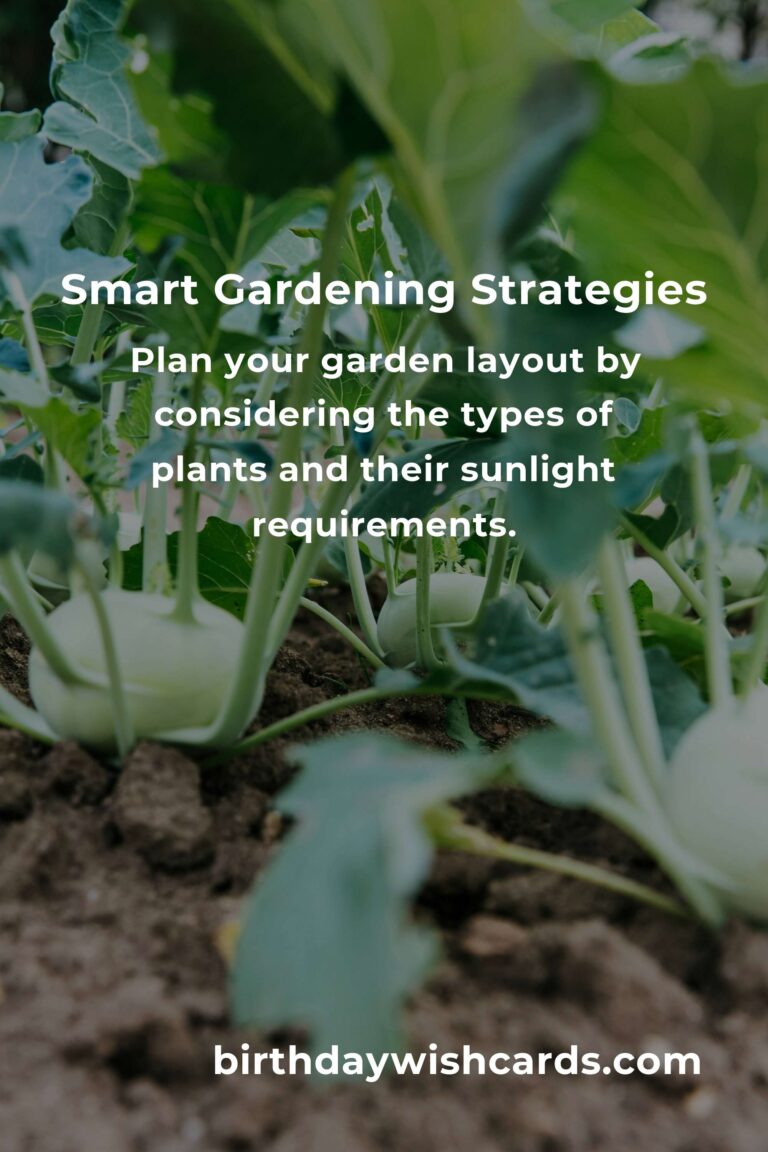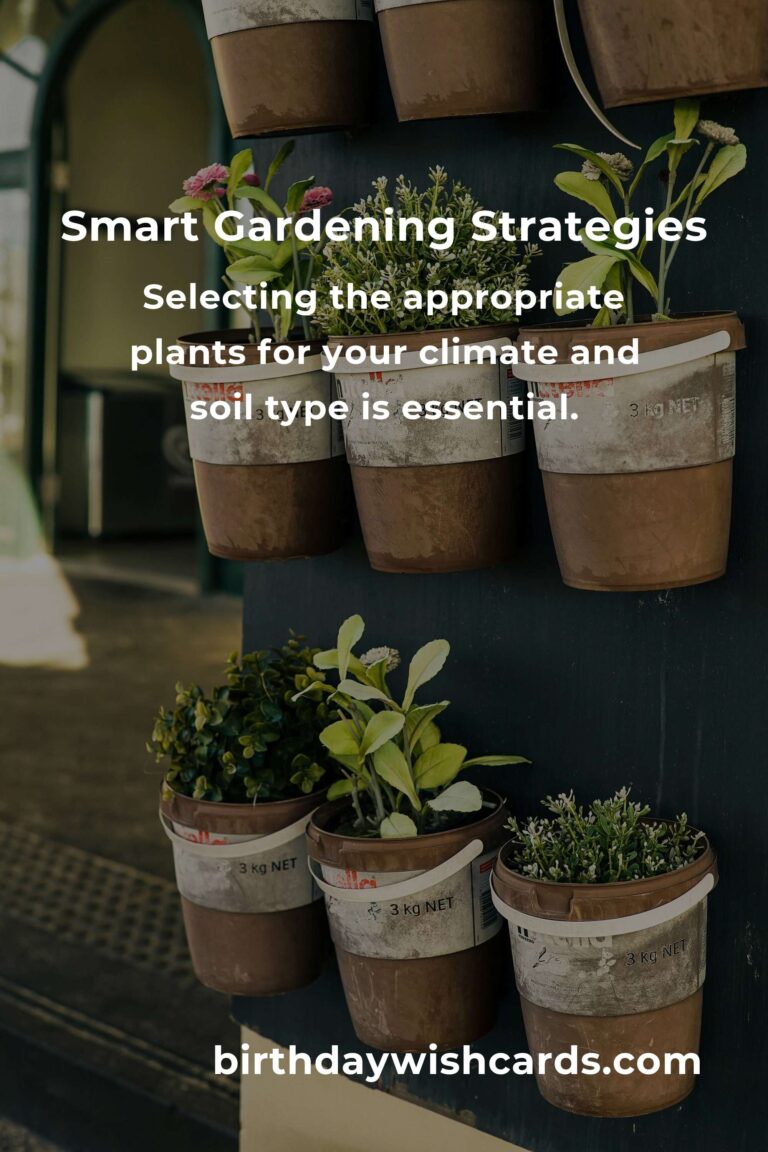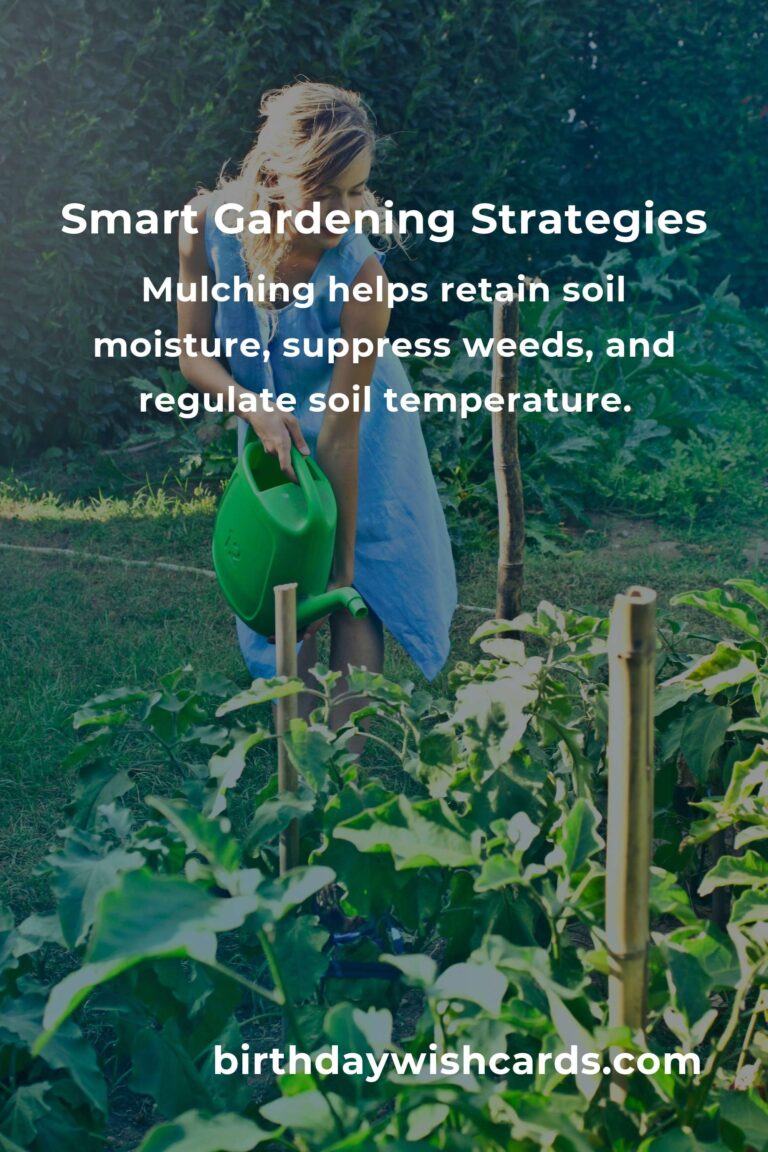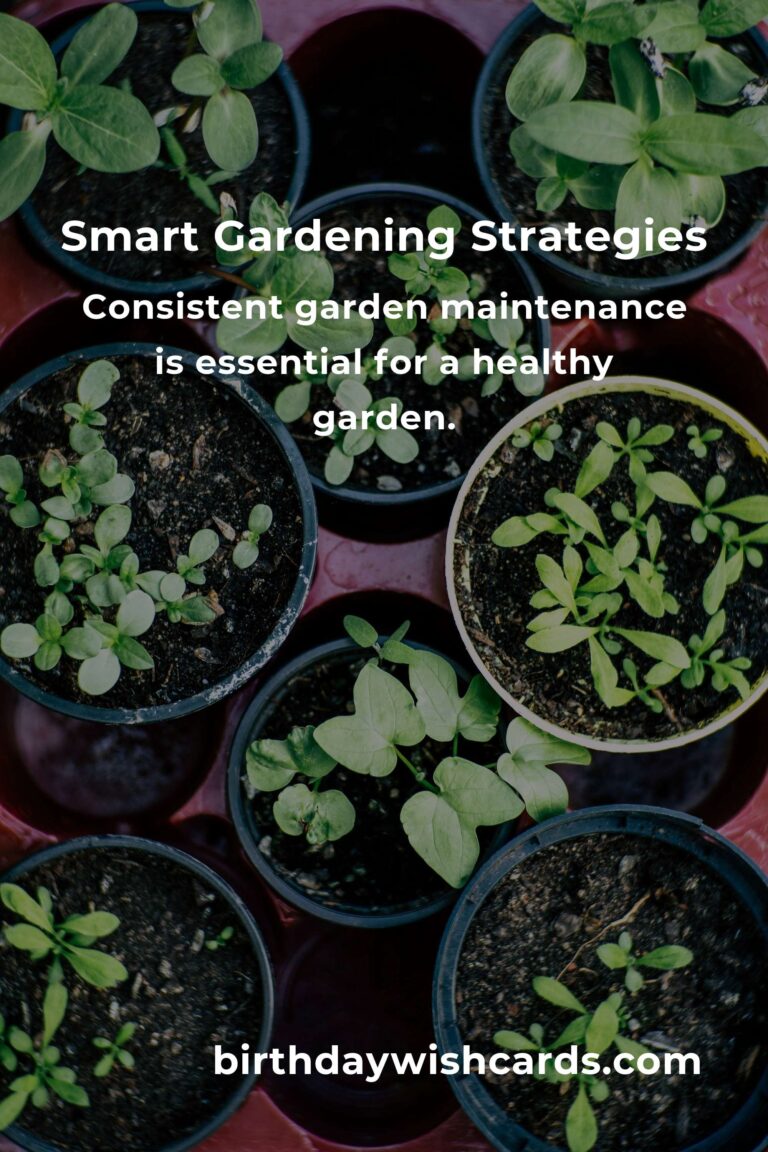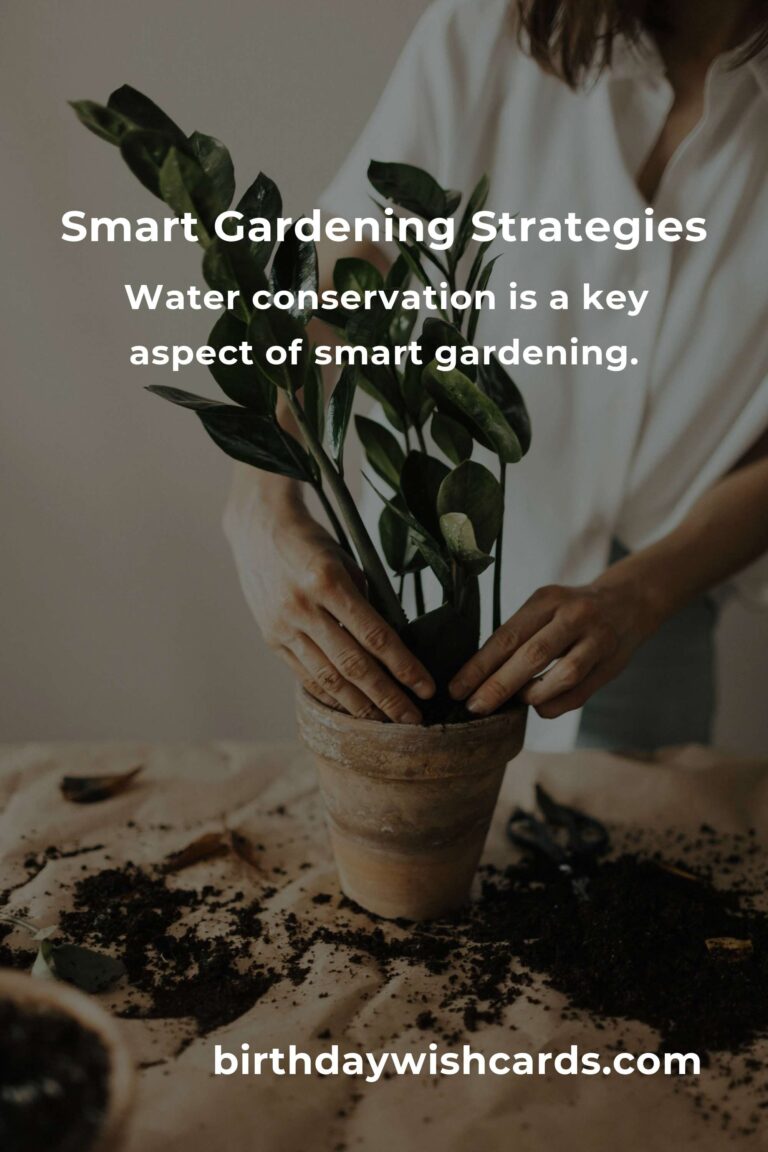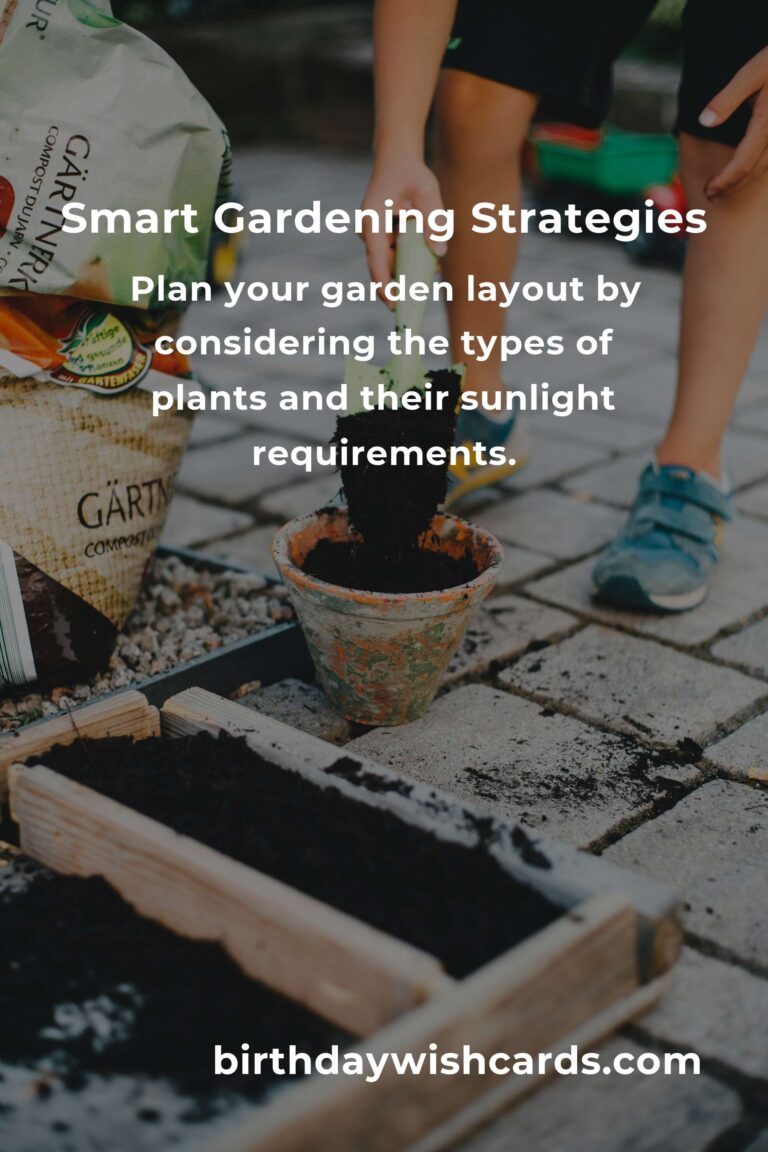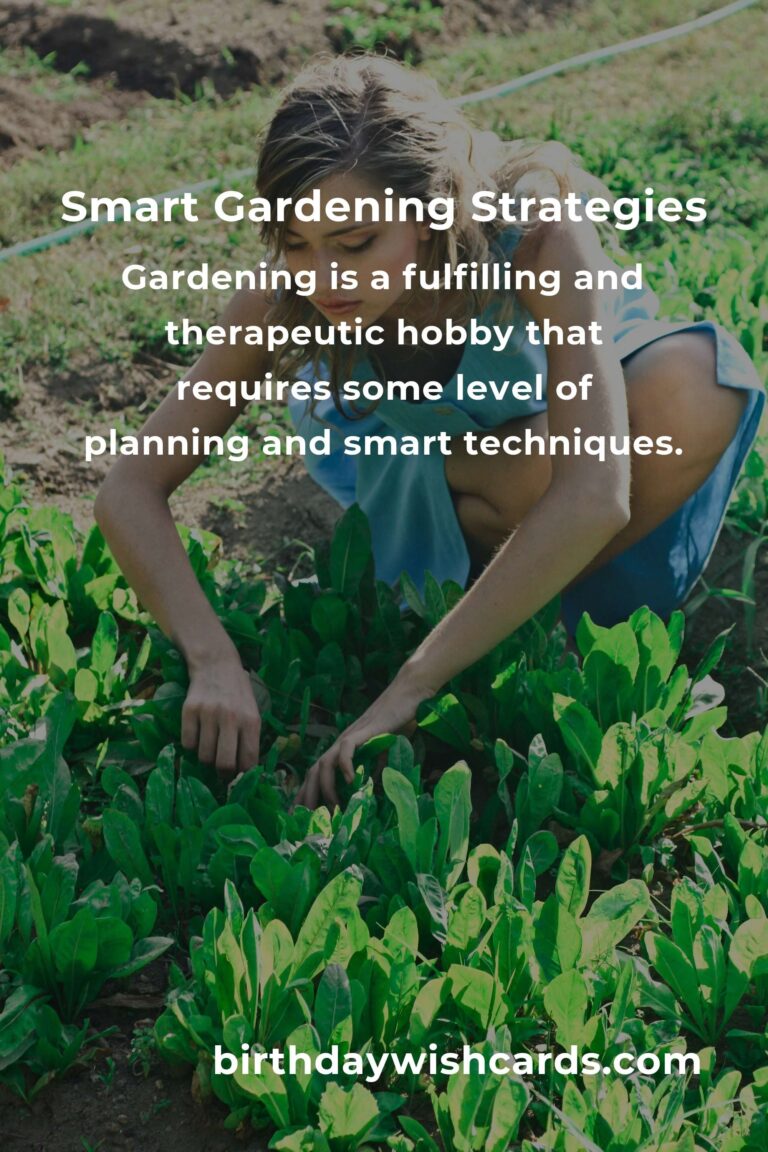
Gardening is a fulfilling and therapeutic hobby that not only beautifies your surroundings but also provides a sense of accomplishment. However, it requires some level of planning and smart techniques to ensure that your garden thrives. Here are seven smart gardening tips to help you cultivate a successful and sustainable garden.
1. Plan Your Garden Layout
Before you start planting, it’s crucial to plan your garden layout. Consider the types of plants you want to grow and their sunlight requirements. Group plants with similar water needs together to conserve water and ensure healthy growth.
2. Choose the Right Plants
Selecting the appropriate plants for your climate and soil type is essential. Research native plants that thrive in your region as they are usually low-maintenance and more resistant to local pests and diseases.
3. Improve Soil Quality
Healthy soil is the foundation of a thriving garden. Test your soil to determine its pH and nutrient levels. Add organic matter such as compost or aged manure to enrich the soil and improve its structure and drainage.
4. Practice Efficient Watering
Water conservation is a key aspect of smart gardening. Use drip irrigation systems or soaker hoses to deliver water directly to the roots, minimizing evaporation and runoff. Water your plants early in the morning or late in the afternoon to reduce water loss.
5. Implement Mulching Techniques
Mulching helps retain soil moisture, suppress weeds, and regulate soil temperature. Use organic mulch such as wood chips, straw, or leaves around your plants to improve soil health and reduce the need for frequent watering.
6. Embrace Companion Planting
Companion planting involves growing different plants together for mutual benefits. Certain plant combinations can help deter pests, improve pollination, and enhance growth. For example, planting marigolds with tomatoes can help repel nematodes.
7. Regular Maintenance and Monitoring
Consistent garden maintenance is essential for a healthy garden. Regularly check for signs of disease or pest infestations and take prompt action. Prune dead or diseased branches to encourage new growth and maintain plant health.
By following these smart gardening tips, you can create a flourishing garden that not only adds beauty to your home but also supports a healthy ecosystem. Happy gardening!
Gardening is a fulfilling and therapeutic hobby that requires some level of planning and smart techniques. Plan your garden layout by considering the types of plants and their sunlight requirements. Selecting the appropriate plants for your climate and soil type is essential. Healthy soil is the foundation of a thriving garden. Water conservation is a key aspect of smart gardening. Mulching helps retain soil moisture, suppress weeds, and regulate soil temperature. Consistent garden maintenance is essential for a healthy garden.
#Gardening #SmartGardening #GardenTips #SustainableGardening #HomeGarden


